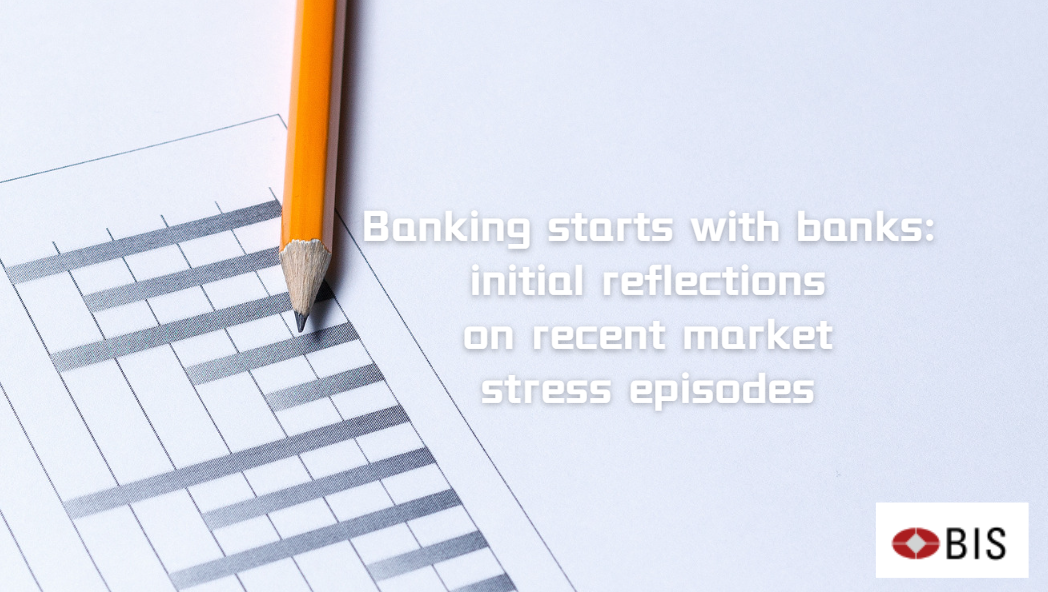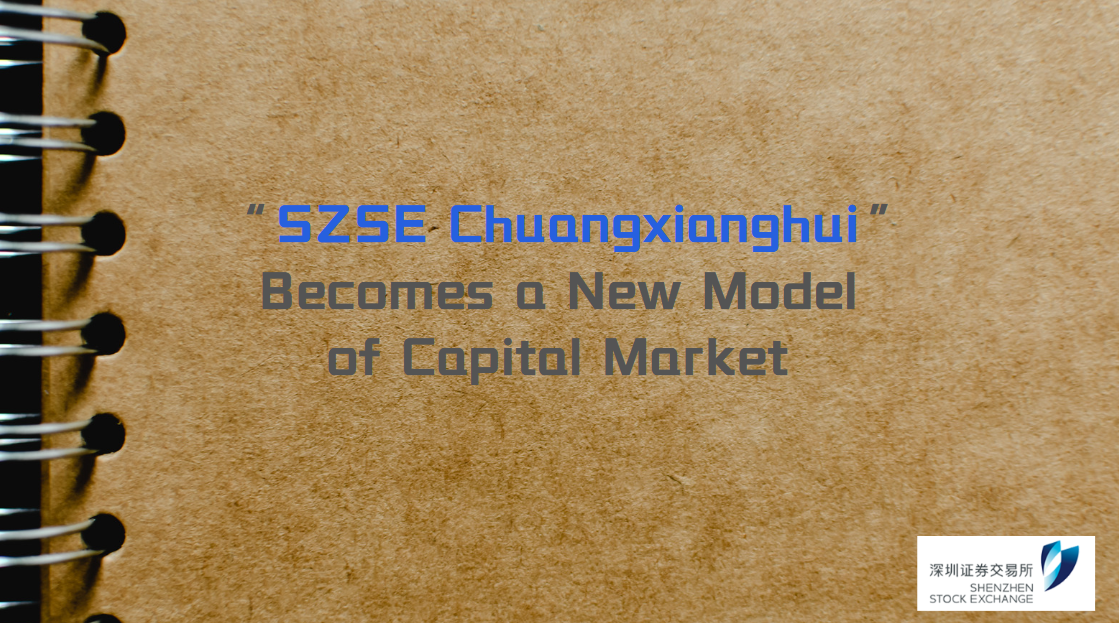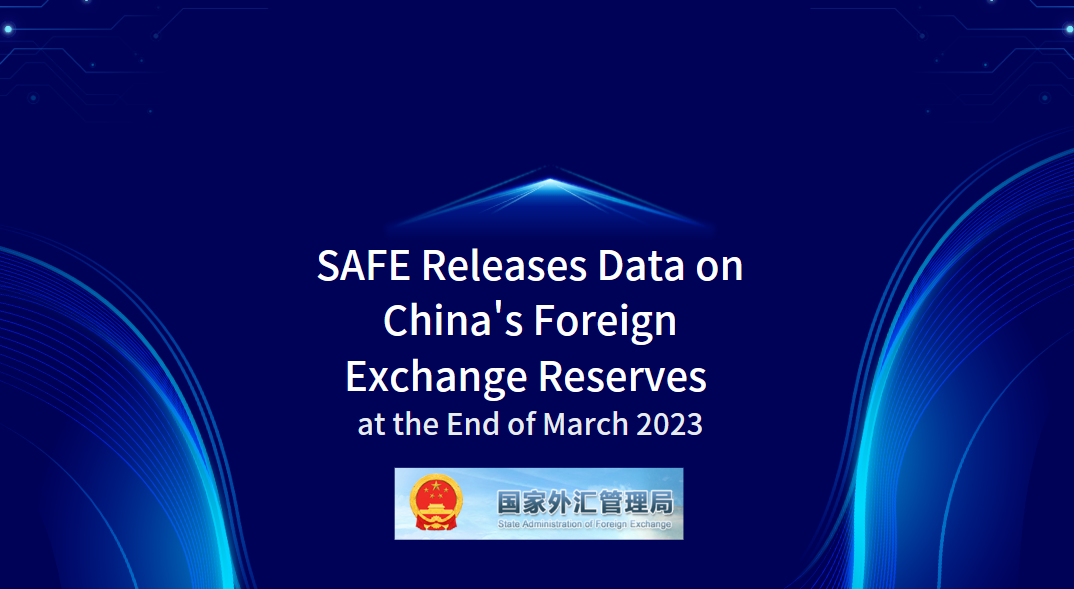BigTech credit and monetary policy transmission : Micro-level evidence from China
Download → pdf
ABSTRACT
This paper studies monetary policy transmission through BigTech and traditional banks. By comparing business loans made by a BigTech bank with those made by traditional banks, it finds that BigTech credit amplifies monetary policy transmission mainly through the extensive margin. Specifically, the BigTech bank is more likely to grant credit to new borrowers compared with conventional banks in response to expansionary monetary policy. The BigTech bank's advantages in information, monitoring, and risk management are the potential mechanisms. In addition, m onetary policy has a stronger impact on the real economy through BigTech lending.
NON-TECHNICAL SUMMARY
FOCUS
Big technology companies (BigTech) have been a major phenomenon in the recent development of financial markets. The disruption by BigTech brings a brave new world for monetary policymakers. Will BigTech credit strengthen or weaken monetary policy transmission? What are the underlying mechanisms? Despite the burgeoning literature on financial technology, little is known about its implications for monetary policy transmission. This paper bridges this gap by exploring monetary policy transmission mechanisms through BigTech and traditional
banks.
CONTRIBUTION
We employ a unique data set covering the full borrowing history of sampled micro, small, and medium-sized enterprises (MSMEs) from a major BigTech lender and traditional banks in China. We contribute to the literature and policy debate on monetary policy transmission by focusing on a new player, BigTech lenders, and comparing their responses to monetary policy with those of traditional banks. We also add to the recent discussions on the role of nonbanks in monetary policy transmission.
FINDINGS
We find that BigTech lender is more responsive to monetary policy in the extensive margin. Specifically, when monetary policy eases, BigTech lenders are more likely to establish new lending relationships with firms, compared with traditional banks. The BigTech bank's advantages in information, monitoring, and risk management are the potential mechanisms.






















































First, please LoginComment After ~